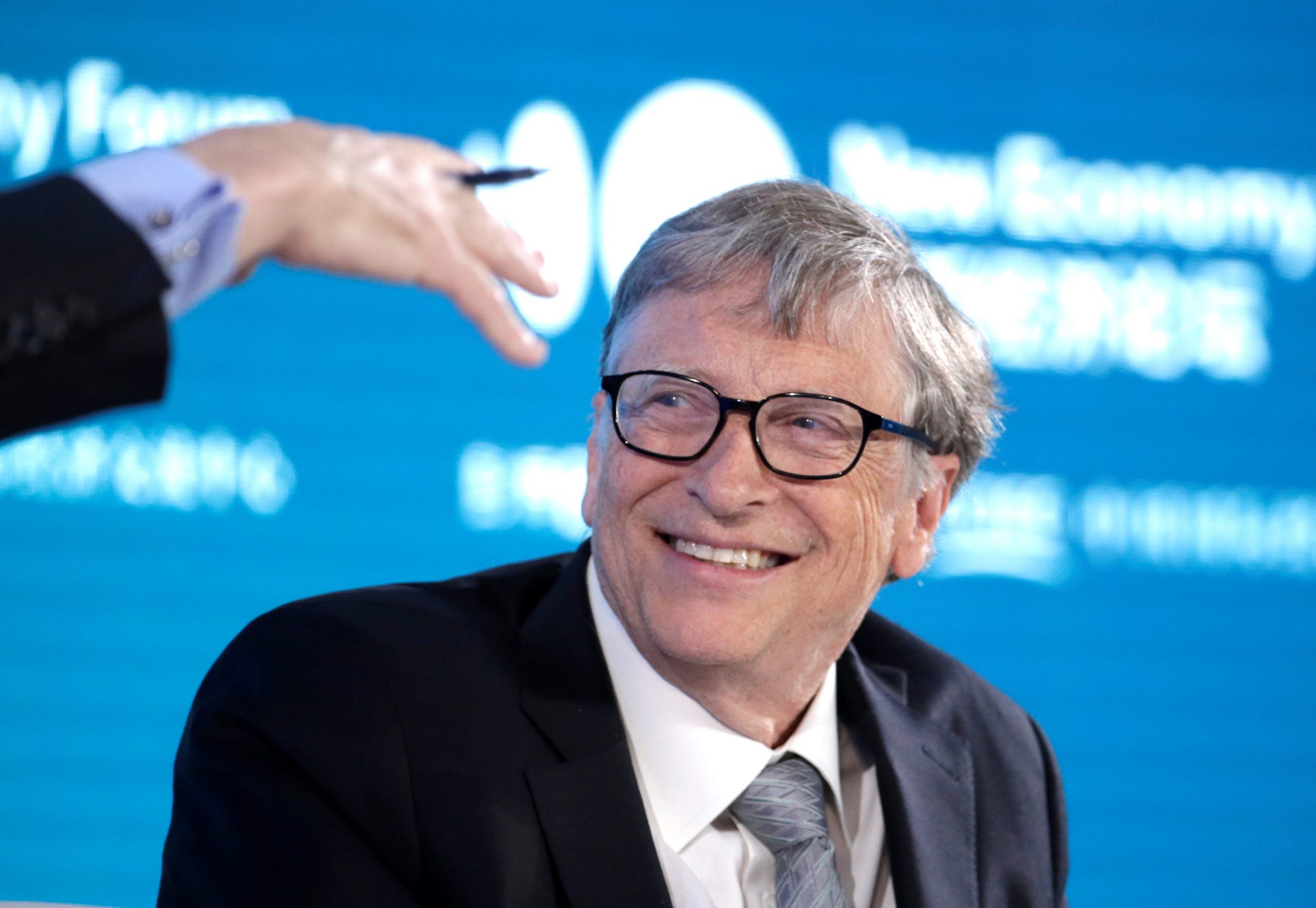- Bill Gates says a “final hurdle” to distributing a COVID-19 vaccine will be ensuring that people decide to take it.
- Given the urgency of the pandemic, testing vaccine candidates with a wide variety of populations and age groups can prove challenging, Gates said.
- Still, Gates believes that “a lot” of people will take a vaccine when one becomes available, and believes herd immunity can be achieved if 70% to 80% of people take it.
- Visit Business Insider’s homepage for more stories.
The final roadblock to distributing a coronavirus vaccine will be ensuring that enough people actually take it, Bill Gates said in a recent interview with CNN. The billionaire philanthropist and cofounder of Microsoft has contributed millions toward coronavirus research.
“You’ll have a choice of whether you take the vaccine or not,” Gates said to CNN’s Anderson Cooper and Dr. Sanjay Gupta in a Coronavirus Town Hall. “So there’s that final hurdle.”
Three-quarters of Americans said they would take a coronavirus vaccine if they were assured it was safe, according to a Reuters/Ipsos poll published in May. About 40% of American adults surveyed said they would take if after it was approved by the Food and Drug Administration, while 38% said they would take it after extensive peer-reviewed clinical trials. Thirty-eight percent of respondents also said they would wait until much of the public had taken the vaccine before taking it themselves.
More than 28,000 people have also joined an organization called 1Day Sooner, which runs human challenge trials to help test vaccines and treatments for COVID-19, according to The Washington Post.
There are more than 140 vaccine projects in development, according to The World Health Organization. Although research is moving quickly, there are still many challenges around gathering data to show that a vaccine would work and ramping up the necessary production, as Business Insider's Andrew Dunn has reported.
The US Department of Health and Human Services is aiming to deliver 300 million doses of a coronavirus vaccine by January 2021 as part of its broader strategy around the development and distribution of COVID-19 vaccines and treatments.
The urgency of the coronavirus pandemic, which has killed 489,922 people around the globe and infected 9.6 million according to Johns Hopkins University, means it could be challenging for scientists to spend a lot of time trialing vaccines with various age ranges and populations.
"It's understandable that because of the urgency of this, the amount of time that you'll be out looking at it is just going to be less," Gates said when asked about the issue of vaccine hesitancy. "And so even for scientists really understanding, 'Ok, were the trial populations accounting for all of these different groups? How low does the age range go? . . . How do you feel about pregnant women in it, what about the elderly? It's a challenge to get that safety database to build up the confidence."
Gates and his wife Melinda have contributed $250 million toward developing treatments, testing, and vaccines for COVID-19 through the Bill & Melinda Gates Foundation. The funds will also contribute toward coronavirus relief efforts in low and middle-income countries.
Overall, Gates believes that "a lot of people" will be willing to take the vaccine and herd immunity could be achieved if between 70% and 80% of people do so.
"It really could then exponentially drop the numbers," Gates said. "But we need that for the entire world if we're going to go back and have people taking vacations, international students, international sports events. So it'll take a while until we get this thing finished off on a global basis."

